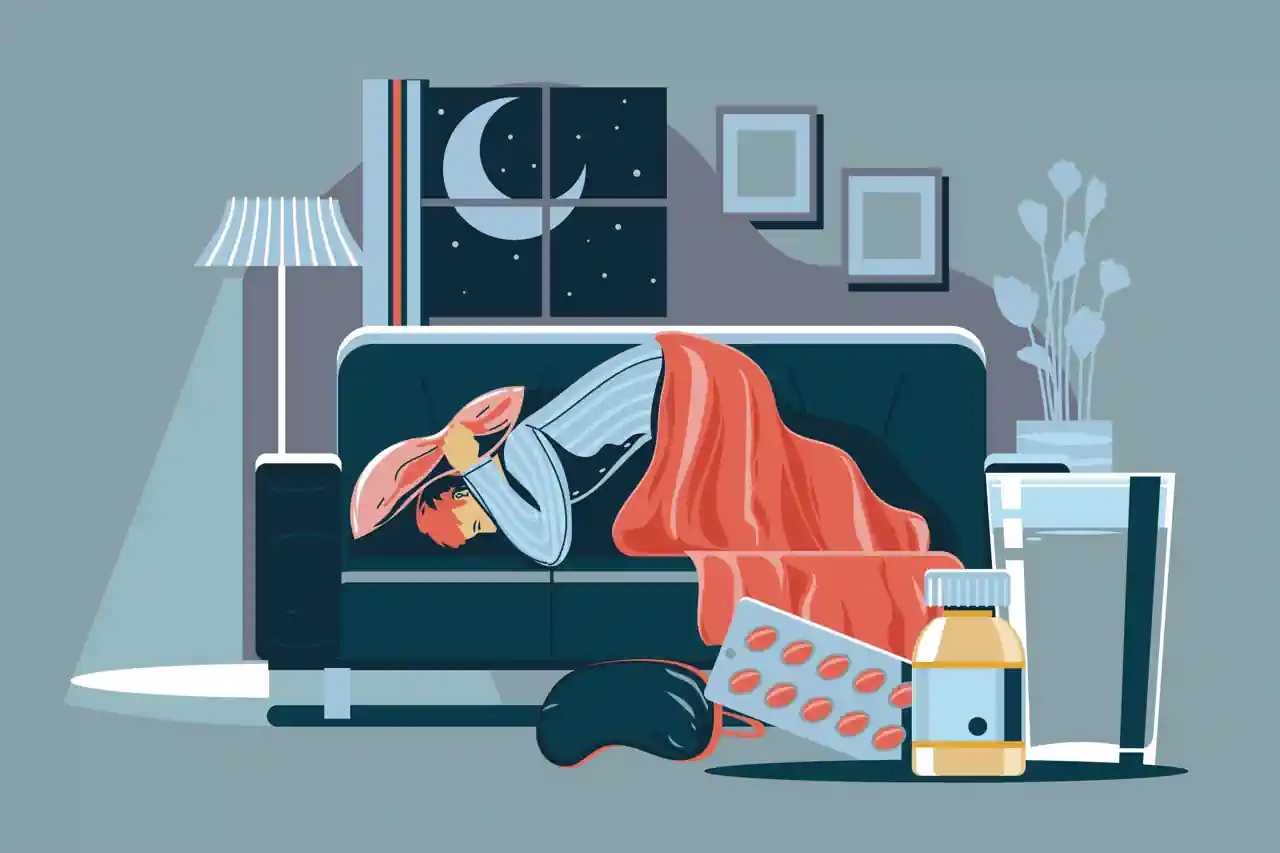Living in the modern world can be exceptionally demanding and stressful, and one of the primary casualties of this is our sleep. Many of us experience sleep problems, but is insomnia a mental health disorder? In this article, we will explore this question and attempt to unravel the myths and realities surrounding insomnia and its impact on our mental health.
Insomnia, the inability to fall asleep or stay asleep, is a common sleep disorder that affects millions of people worldwide. While it is widely recognized as a sleep disorder, there is ongoing debate about whether it should be classified as a mental health disorder. In this article, we will delve into the intricacies of insomnia to better understand its relationship with mental health.
Defining Insomnia
Insomnia is characterized by persistent difficulties in initiating or maintaining sleep, despite having the opportunity and desire to sleep. This condition can lead to a variety of daytime impairments, such as fatigue, irritability, difficulty concentrating, and impaired performance at work or school.
Is Insomnia a Mental Health Disorder?
While insomnia is primarily considered a sleep disorder, its relationship with mental health is complex. Insomnia is often comorbid with various mental health conditions, including depression, anxiety, and bipolar disorder. In fact, it is not uncommon for individuals with mental health disorders to experience sleep disturbances, and these disturbances can exacerbate their symptoms.
The relationship between insomnia and mental health can be viewed from two angles:
Insomnia as a Symptom
In some cases, insomnia may be a symptom of an underlying mental health disorder. For instance, individuals with anxiety or depression may experience sleep disturbances as a result of their condition. In these cases, treating the underlying mental health disorder can help alleviate insomnia.
Primary Insomnia
Primary insomnia, on the other hand, refers to insomnia that is not a symptom of another mental health disorder. It can occur independently, often triggered by stress, lifestyle factors, or other external influences. While primary insomnia can impact mental health by causing daytime impairments, it may not necessarily be classified as a mental health disorder on its own.
The Myths and Realities
Let’s debunk some common myths and clarify the realities about insomnia and its relationship with mental health:
Myth 1: All Insomnia is a Mental Health Disorder
- Reality: Insomnia can be a symptom of an underlying mental health disorder, but not all instances of insomnia qualify as mental health disorders.
Myth 2: Treating Insomnia Solves Mental Health Issues
- Reality: While improving sleep can help alleviate some symptoms, addressing the underlying mental health condition is often necessary for comprehensive treatment.
Myth 3: Medication is the Only Solution for Insomnia
- Reality: Medications can be a short-term solution, but behavioral and lifestyle changes, such as cognitive-behavioral therapy for insomnia (CBT-I), can be highly effective in managing sleep difficulties.
In conclusion, insomnia is a complex condition with a nuanced relationship with mental health. While it is often comorbid with mental health disorders, it is not always a mental health disorder in itself. Understanding the causes and effects of insomnia is crucial for developing effective strategies to manage it.
If you or someone you know is experiencing persistent sleep problems or struggling with mental health issues, it is essential to seek professional help. A healthcare provider can help determine the underlying causes of insomnia and develop a tailored treatment plan.
Remember that achieving a healthy lifestyle and addressing any underlying mental health concerns are crucial steps toward better sleep and overall well-being.
Sources:
- American Psychiatric Association. (2013). Diagnostic and Statistical Manual of Mental Disorders (5th ed.).
- National Sleep Foundation. (2022). Insomnia. Link
- Mayo Clinic. (2022). Insomnia. Link
- National Institute of Mental Health. (2022). Mental Health and Sleep. Link

